Zero Point, from which all distances to the city are measured, is an apt metaphor for Horniman Circle. Located in the heart of the 'Fort', it holds within itself the early history of the Portuguese and British presence going back to the mid-sixteenth century. It is the very birthplace of Bombay. It is, at the same time, a hub of contemporary Mumbai, anchored in its economy and ethos. The co-presence of varied institutions–financial, commercial, governmental, intellectual–gives it a special character. The dual orientation to the past and present, the multiple weave of institutions and diversity of people who work in them, and their mutual interconnections, continuities and disjunctures form the theme of this book which seeks to document the intangible heritage of Horniman Circle.
The 20 essays and photographs, by a range of academic and creative professionals, in a style that is lively and engaging, combine historical and ethnographic research. They describe, analyse and reflect on not only the architectural and historical artefacts, but also the distinct work ethos and leisure activities, democratic and civic impulses, public spaces, commercial dynamism, traditions of scholarship and journalism, reading and food culture. Responding to Mumbai's increasingly proactive civil society groups, the book addresses a broad spectrum of readers–professionals and informed laypersons–with a serious, critical yet empathetic approach to issues of urban heritage.
ABOUT THE AUTHOR Kamala Ganesh
Kamala Ganesh is Professor, Department of Sociology, University of Mumbai, Mumbai. Her areas of interest include gender studies, caste and kinship, and cultural studies. Professor Ganesh has earlier taught Sociology at St Xavier’s College and SNDT Women’s University, both in Mumbai. She was also Senior Fellow of the Indian Council for Social Science Research (ICSSR), 1992-94, and Secretary of the Commission on Women, International Union of Anthropological and Ethnological Sciences (1988-93). She has been involved in research work for the ICSSR and for UNESCO’s Population and Human Settlements Division. A member of the managing committee of the Asiatic Society of Mumbai, Kamala Ganesh has contributed numerous papers to journals and edited volumes, besides being the author of Boundary Walls: Caste and Women in a Tamil Community (1993) and the co-editor of Negotiation and Social Space: A Gendered Analysis of Marriage and Kinship Relations in Sub-Saharan Africa and South Asia (Sage, 1998).
ABOUT THE AUTHOR Usha Thakkar
Usha Thakkar is Honorary Director, Institute of Research on Gandhian Thought and Rural Development, Mumbai. She retired as Professor and Head of Department, Political Science, SNDT Women’s University, Mumbai. Her research work has focused mainly on Indian politics, women’s studies and Gandhian studies. Widely published, Usha Thakkar is the co-author of Kautilya’s Arthashastra (1980), Women and Men Voters (1981) and Women in India (2001); co-editor of Politics in Maharashtra (1995) and India in World Affairs (1999); and the author of various books in Gujarati, including Bharatini Videsh Niti (India’s Foreign Policy) and Strio ane Rajkaran (Women and Politics in India), both published in 2000.

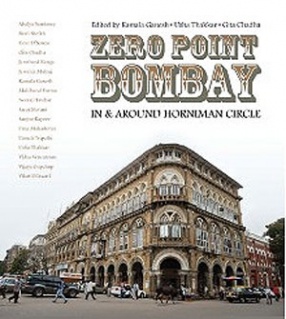
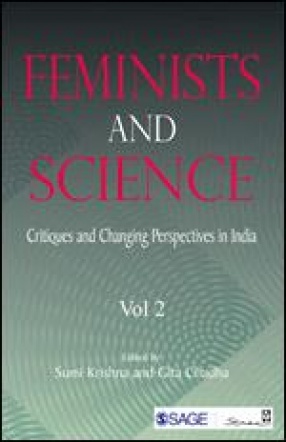
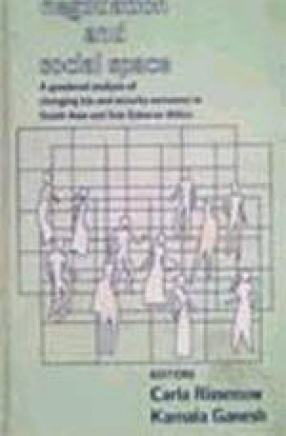
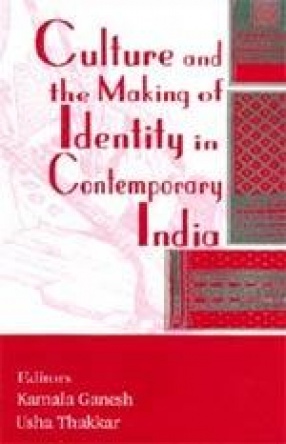
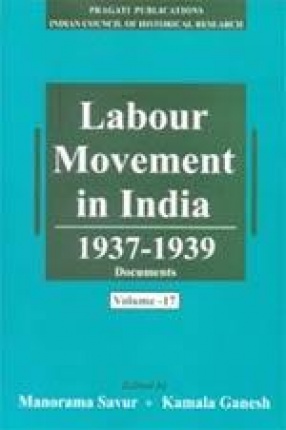
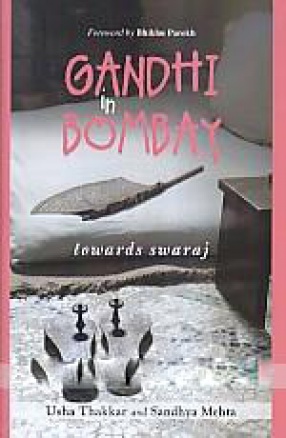
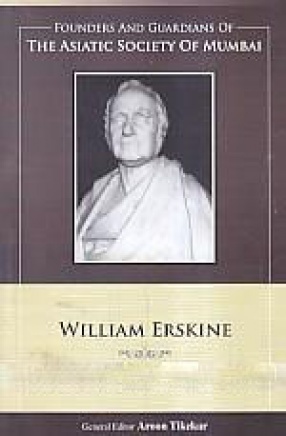
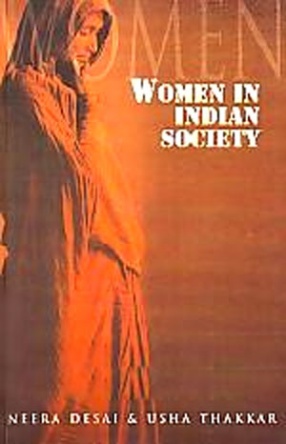
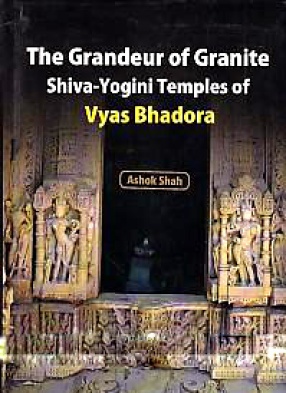
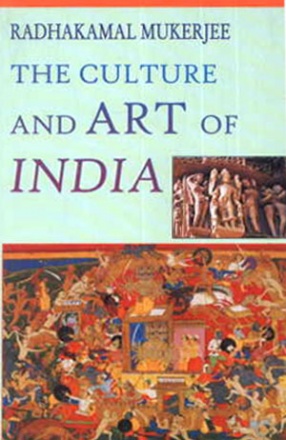
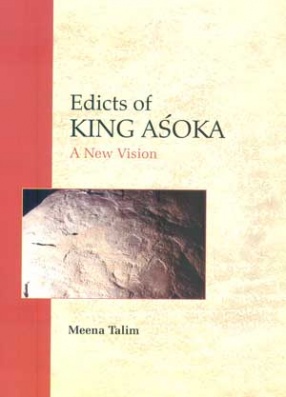
There are no reviews yet.